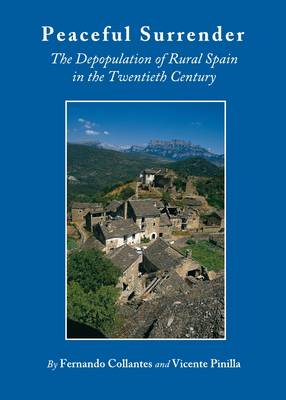Migration to the cities had been a part of European rural life long before the start of modern industrialisation and urbanisation. In the era of modern development, however, rural-urban migration intensified in an unprecedented way and many rural communities depopulated. While during the pre-industrial period migration had contributed to the economic and social reproduction of rural communities, it now challenged the continuity of the rural lifestyle. This book analyses the topic for the case of Spain, which in the twentieth century experienced one of the most intense processes of rural depopulation in modern Europe. The interaction between Spanish industrialisation and rural migration, the demographic implications of agrarian change, the obstacles to the development of rural non-farm activities, the rural problems of access to infrastructures and services, the role of public policy, and the consequences of depopulation for the rural community are the central elements of this study, which inserts the Spanish case within its European context. Distanced from both the anti-modern stance that idealises paradise lost and the Panglossian mood that welcomes anything that came with modernisation, the book explains how the adaptive strategies put into practice by rural populations led to a “peaceful surrender” of traditional rural society.
- ISBN13 9781443828383
- Publish Date 20 April 2011 (first published 1 April 2011)
- Publish Status Active
- Publish Country GB
- Imprint Cambridge Scholars Publishing
- Edition Unabridged edition
- Format Hardcover
- Pages 215
- Language English
